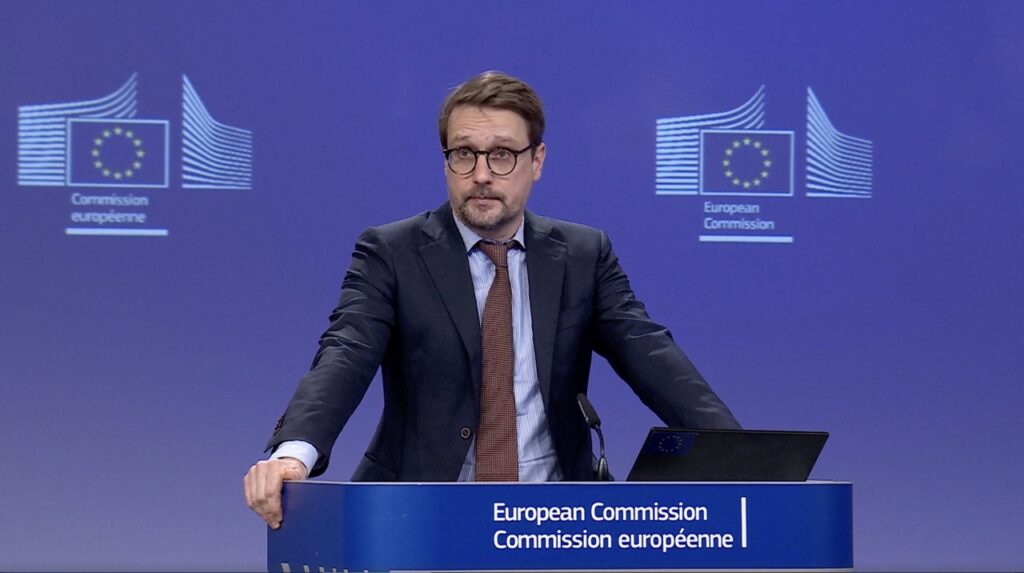EU moves to end multiple-entry Schengen visas for Russians, penalizing Moscow for its war in Ukraine

The European Union is preparing to sharply tighten its visa regime for Russian citizens by effectively ending the issuance of multiple-entry Schengen visas in most cases, Politico reported three European officials as saying. This escalation in penalizing Moscow for its war in Ukraine is expected to be formally adopted and implemented later this week.
This move signals a significant escalation, shifting the bloc's policy from making visas more expensive to actively restricting travel, limiting most Russians to single-entry permits only. This policy serves as a form of geopolitical leverage, balancing security risks with a goal of ramping up pressure on the Kremlin by targeting the Russian populace. For applicants, it may turn the process into a hard-to-win lottery.
New rules end most multi-entry access
The new visa regime, reported by Politico, will restrict Russian citizens to single-entry visas. Exceptions will be limited, primarily reserved for humanitarian cases or for individuals who also hold EU citizenship.
This decision follows a surge in Russian travel, with European Commission data showing over 500,000 Schengen visas were issued to Russians in 2024. While this figure is higher than in 2023, it remains a fraction of the more than 4 million visas granted in 2019 before the full-scale war on Ukraine.
A fragmented policy and national division
The European Union previously suspended its visa facilitation agreement with Russia in September 2022, which made the application process longer and more expensive. However, visa issuance remains a “national competence,” meaning the European Commission cannot enforce a complete ban.
This has led to a fragmented policy, as detailed by another Politico report. “Frontline” states like Estonia, Latvia, Lithuania, Poland, and Finland have imposed near-total entry bans. In contrast, other member states, including Hungary, France, Spain, and Italy, have continued to issue tourist visas at relatively high rates, a source of friction within the bloc.
Diplomat movement targeted in 19th sanctions package
The new visa rules for tourists run parallel to separate, long-standing proposals to curb the movement of Russian diplomats already stationed in the EU. This push, championed by countries like Czechia, aims to counter security risks, as reported by Euractiv.
These concerns were formally addressed in the bloc's 19th sanctions package. The Council of the EU announced on 23 October 2025 that the new measures include "strengthening control over the movement of Russian diplomats across the EU" to counter “hostile intelligence activities.”
Moscow condemns move, expands own travel bans
Russia's Foreign Ministry condemned the 19th sanctions package, which includes the new visa and diplomat restrictions, as illegitimate. In a statement on 24 October 2025, Foreign Ministry Spokeswoman Maria Zakharova said Brussels was persisting "on a course that is becoming ever more self-destructive for the European Union itself."
Zakharova also criticized the ban on EU operators providing tourism services in Russia, claiming the main goal is to prevent EU citizens from seeing the country firsthand.
In response to the package, Moscow announced on 31 October 2025 that it had "significantly expanded" its own entry ban list. According to a report from Xinhua, the measure targets representatives from European institutions, EU member states, and commercial organizations involved in providing military assistance to Ukraine.
New EU geopolitical visa strategy
These moves to restrict tourist travel and curb diplomat movement are part of a broader shift in Brussels to treat visa access as a geopolitical tool. The European Commission is developing a new, pan-European strategy that, while non-binding, will leverage its visa policies to advance the EU’s strategic interests amid an “increasingly complex geopolitical landscape.”
Read also:
